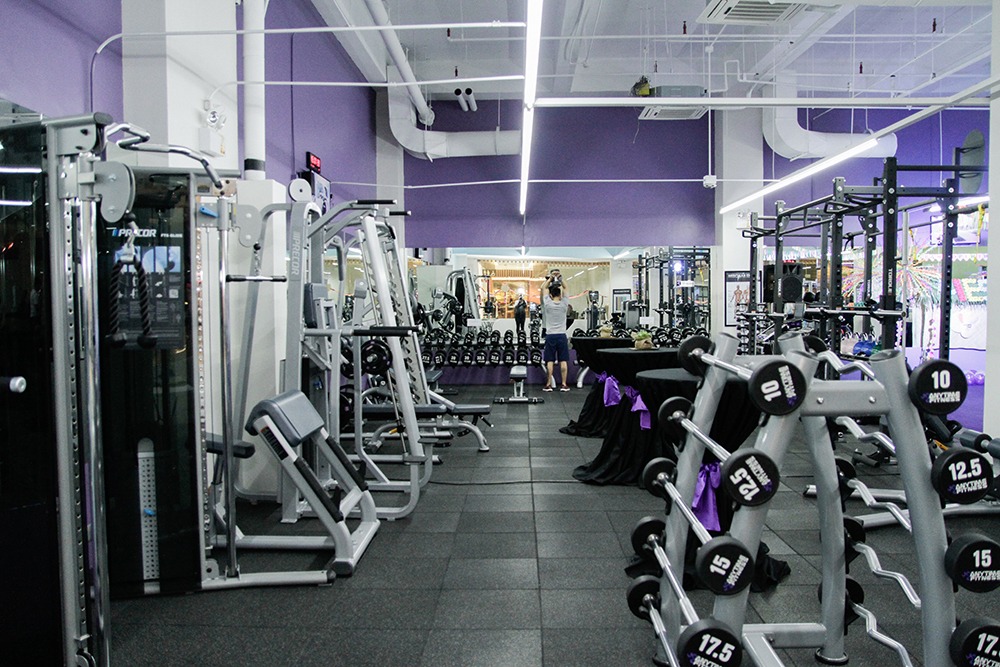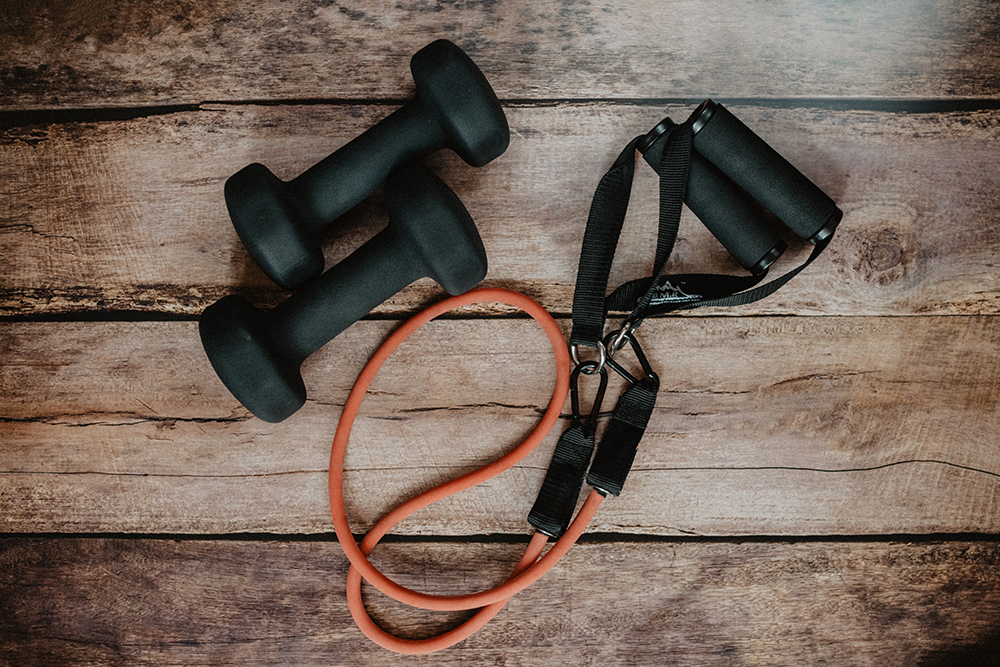Engaging in regular exercise is essential for maintaining a healthy lifestyle, but sometimes, the pursuit of fitness can lead to unfortunate injuries. Common gym-related injuries like strains, sprains, and overuse injuries can put a halt to your fitness journey.
Fortunately, the emergence of mobile physiotherapy brings effective solutions directly to your doorstep. In this blog post, we will explore prevalent gym injuries and delve into how a mobile physiotherapist can play a pivotal role in facilitating faster recovery through targeted exercises and therapeutic interventions.
Strains:
Strains occur when muscles or tendons are stretched beyond their capacity, leading to tears. Lifting heavy weights with improper form or inadequate warm-up can often result in strains.
Sprains:
Ligaments, the connective tissues that hold joints together, can become stretched or torn, causing sprains. Quick, forceful movements or improper techniques during exercises are frequent culprits.
Overuse Injuries:
Overuse injuries stem from repetitive movements without sufficient rest. Conditions like tendonitis, stress fractures, and rotator cuff injuries fall under this category, often arising from excessive strain on specific body parts.
Ligament Tears:
Ligament tears, such as ACL and MCL tears in the knee, usually occur due to sudden and forceful actions or poor form during exercises.
Joint Dislocations/Subluxations:
Lifting weights beyond one's capacity or using improper techniques can lead to the dislocation or partial dislocation of joints, causing significant pain and dysfunction.
Muscle Imbalances:
Focusing excessively on certain muscle groups while neglecting others can result in muscle imbalances, leading to poor posture and increased injury risk.

Mobile physiotherapy is revolutionising the way we approach injury recovery, bringing specialised care and attention to your doorstep. Here's how a mobile physiotherapist can aid in your recovery journey:
Customised Treatment Plans:
A physiotherapist conducts a thorough assessment of your injury, taking into account your fitness goals and individual needs. They then create a tailored treatment plan that targets the specific problem areas.
Injury-Specific Exercises:
Mobile physiotherapists design exercises that not only promote recovery but also align with your regular fitness routine. This approach helps maintain muscle strength and prevents deconditioning.
Early Intervention:
By providing prompt care and attention, mobile physiotherapists prevent minor injuries from escalating into chronic issues. Early intervention leads to quicker and more effective recovery.
Form and Technique Correction:
One of the leading causes of gym injuries is improper form and technique during exercises. A mobile physiotherapist can guide you through correct movements, reducing the risk of re-injury.
Pain Management:
Utilising techniques like manual therapy, soft tissue mobilisation, and advanced modalities, mobile physiotherapists help manage pain and inflammation, promoting a smoother recovery process.
Progress Monitoring:
Regular sessions with a mobile physiotherapist allow for continuous tracking of your progress. They adjust the treatment plan as you improve, ensuring optimal recovery outcomes.
Education and Prevention:
Beyond recovery, physiotherapists educate you about injury prevention strategies. They offer insights into proper warm-up routines, cool-down exercises, and balanced training plans.
Motivation and Accountability:
The presence of a professional in your home environment motivates you to stay committed to your recovery regimen, fostering compliance and dedication.
Holistic Approach:
Mobile physiotherapists adopt a holistic approach to recovery, taking into account various factors that influence healing. This includes not only the physical aspects of the injury but also your mental and emotional well-being. They guide you through stress management techniques, ensuring that you're in the best mindset for healing.
Nutrition and Hydration:
Recovery isn't just about exercises and treatments. Mobile physiotherapists often provide advice on proper nutrition and hydration, as these factors play a crucial role in tissue repair and overall health. A well-balanced diet can enhance the healing process and support your body's natural recovery mechanisms.
Home Exercise Programs:
Mobile physiotherapists empower you with home exercise programs that you can perform between sessions. This consistent effort accelerates your progress and strengthens the injured area, making recovery more efficient.
Communication and Feedback:
Open communication with your mobile physiotherapist is key. Be sure to provide feedback on your progress, any changes in pain or discomfort, and how the exercises are feeling. This enables them to fine-tune your treatment plan for optimal results.
Long-Term Injury Prevention:
While the focus is on recovery, mobile physiotherapists also equip you with knowledge and strategies to prevent future injuries. By addressing underlying issues that might have contributed to your current injury, they help you build a stronger foundation for future workouts.

Credentials and Experience: Look for a licensed and experienced mobile physiotherapist with a background in treating sports and exercise-related injuries.
Reviews and Recommendations:
Read reviews or ask for recommendations from friends, family, or your gym community to find a reputable and trustworthy mobile physiotherapist.
Communication Skills:
Effective communication is essential for successful recovery. Choose a physiotherapist who listens to your concerns, explains treatments clearly, and encourages your active participation in the recovery process.
Flexible Scheduling:
Opt for a mobile physiotherapist who offers flexible scheduling options to accommodate your availability and recovery needs.
Technology and Resources:
Check if the physiotherapist uses technology for remote communication, progress tracking, and exercise prescription. This can enhance the quality of care you receive.
In Conclusion
Gym injuries are setbacks, but they don't have to be roadblocks to your fitness journey. Mobile physiotherapists bring expertise, personalised care, and convenience to your recovery process.
By addressing your unique needs, providing injury-specific exercises, managing pain, and educating you on preventive measures, they enable you to bounce back stronger and more informed. Embrace the support of a mobile physiotherapist to not only recover from your injuries but also to cultivate a safer and more effective fitness routine in the long run.
Your journey to fitness and wellness continues, guided by the expert care of a mobile physiotherapist.
Be the first to post comment!